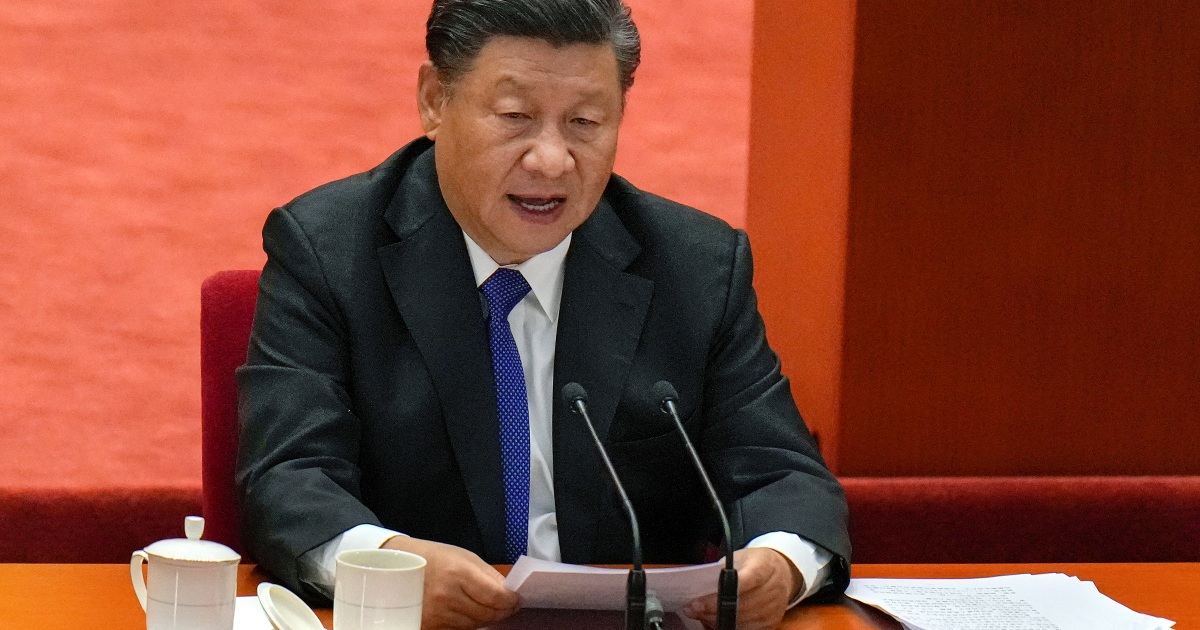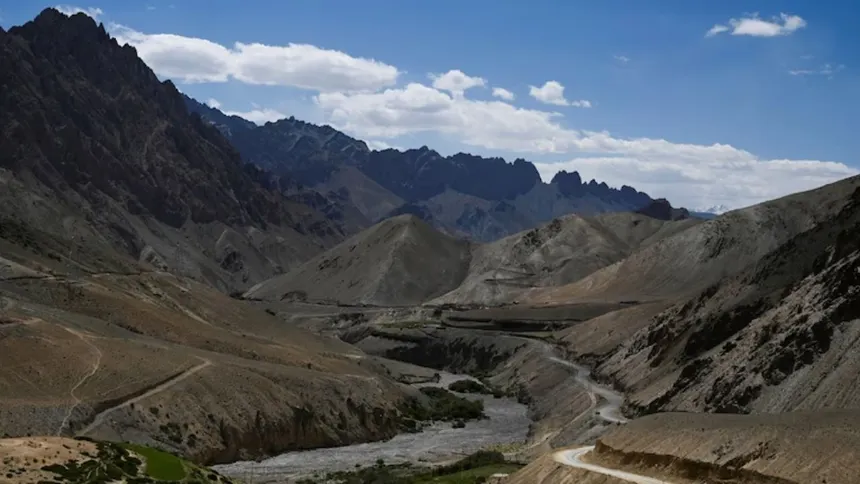Beijing – China’s N-arsenal not “expanding” but “modernising”
In early November 2021, Pentagon released a report suggesting that China was rapidly expanding its nuclear arsenal, going as far as to say that they may have approximately 700 within six years and 1,000 warheads by the year 2030. This was despite the fact that China’s Military Power reports from 2020 had estimated an increase to 400 warheads in the same time period. In their report the Pentagon clearly stated that People’s Republic of China aimed to diversify and equip their nuclear forces with modern equipment. The report also stated that over the next decade China would expand its nuclear delivery platforms, whether land, sea or air based and that infrastructure development for the same has already began. However, the beginning of 2022 brought us China’s response stating that these numbers are simply untrue. Beijing outright rejected the idea that they were rapidly expanding their N-arsenal instead opting to say that they have had meaningful contribution towards the leaders of they five primary N-weapon States issuing collective statements on preventing nuclear wars.
Fu Cong, the Director-General of Chinese Foreign Ministry’s Arms Control Department, also supplied the same response. The five member countries permanently on the UN Security Council (P5) – China, France, Russia, UK and US, jointly issued the statement focussing on the idea that a nuclear war could not be won and therefore should not be fought. Further stating that nuclear power should only be used for the purpose of preventing wars and deterring aggression as long as they exist. Fu expressed that he was hopeful that the P5 would commit to no-first-use policy with regards to their nuclear weapons. The predictions made by Pentagon were based off of satellite imagery showing new infrastructure (missile silos) in the north western part of the country. Fu only commented that satellite photos could not be used to determine the size of China’s arsenal at this time. The missing parts of the statement and lack of confirmation (or denial) was not lost on anyone.
Chinese Vice Foreign Minister Ma Zhaoxu stated that this statement should be a new starting point for the permanent members of UN Security Council to create an environment of mutual trust and thus play a positive role in building a world with lasting peace. Zhaoxu also added that Beijing has always opted for a defensive strategy when it comes to nuclear power, that they would always opt for no-first-use of their weapons, and would only employ minimum level force as required for national security purposes. All of these assurances fall flat when considering the growing tensions between these countries and are further teased by China’s “modernisation” of its military – China announced last year that they have developed a hypersonic missile.
Keeping all these things in mind, the statements coming from Beijing still seems to be depicting an ambiguous picture. In the same statement where Fu Chong commented that Pentagon claims are untrue, he also says that that China will have to take steps for to ensure that its nuclear forces would be enough to deal with the ever-changing security conditions in Asia. He also said that reaffirmed China’s position on not America’s nuclear arms reduction talks of which fellow P5 members US and Russia are a part of. China’s current arsenal is still dwarfed by the United States and Russia, where the American arsenal boasts of 3,750 nuclear warheads.
Considering the growing tensions between China and US over Taiwan, and between Russia and US over Ukraine, the talk on reducing nuclear arsenals seems like a lost cause. Despite Xi Jinping claiming that unifying China (with Taiwan) is their ultimate goal, one that could be attained by force if necessary, Fu dismissed any kind of comments alluding to use of nuclear weapons near the Taiwan Strait. Currently China is involved in conflicts with Russia for Ukraine and with US for Taiwan.
China’s President Xi Jinping wants to unify China and Taiwan peacefully, but recent military activity and presentation through army videos flaunting the Chinese Navy have made several experts feel that Taiwan is the unmistakable target for these exercises. In the past few months, it has prompted the US President Joe Biden to express his support commitment to defending Taiwan in case of a Chinese invasion, however, this has created a lot of confusion worldwide as most White House officials claim that this would not be possible and support or protection from the US is not guaranteed.













